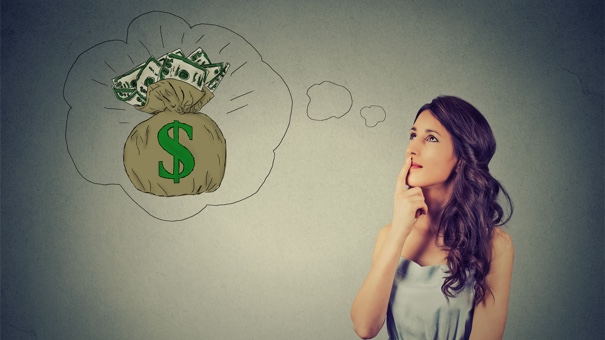People often perceive money as a rational and practical aspect of life, yet it intimately influences our emotions. When we spend, save, or invest, it’s often about how we feel at that moment, not the numbers. How we feel—happy, scared, guilty, ashamed, excited, or insecure—can significantly impact the choices we make with money. These feelings can help us make beneficial financial decisions or lead us to do things that harm our long-term financial health. The first step to improving your relationship with money is understanding how you feel.
How Stress and Anxiety Affect Financial Decisions
Stress is one of the most common emotions that influence how people manage their money. Stress, confusion, or anxiety can lead us to make poor or rash financial decisions. Such actions can mean impulsively shopping, overspending, skipping payments, or making risky investments without proper research. People often make these decisions impulsively to feel better or to maintain control. But that relief is short-lived, and the consequences can lead you to feel more stressed and regretful. By managing stress healthily, you can stop spending money on things that make you feel bad and improve your financial stability.
How Guilt and Shame Affect Your Money Management
Guilt and shame are strong emotions associated with money. If we were taught to be frugal or selfless, we may feel guilty about spending on ourselves. We feel ashamed when we think we’ve made poor financial decisions, such as going into debt or not saving enough. These emotions can make it difficult for us to be honest with our money. Instead of addressing the situation, we may look at our bank statements, ignore the debt, or continue spending money in ways that aren’t good for us. Over time, this neglect can worsen the emotional pain and financial loss. To heal, you must replace shame with compassion and honesty.
Spending Money to Improve your Mood
Many people spend money to relieve emotional pain. This habit is often called “retail therapy.” Buying new things can give us a short-lived feeling of well-being, such as happiness, strength, or control. It’s a quick remedy for depression, boredom, loneliness, or insecurity. But this emotional consumption often doesn’t delve deeply into the emotional depths; it can actually cause confusion, guilt, and regret. When we realize we’ve bought something to feel better, we might question whether we really need the item or if it’s just a reaction to our emotions.
Fear of the Future and Money Problems
Fear is another emotion that significantly impacts how people manage their money. People may hoard money, avoid investment opportunities, or worry excessively about their spending because they fear losing cash, not having enough, or not being prepared for an emergency. While being cautious is beneficial, excessive anxiety can cause you to miss opportunities and feel like you don’t have enough money. Anxiety can sometimes cause people to overspend in order to enjoy life, as they feel uncertain about the future. To appreciate the present while preparing for the future, you need to stay emotionally alert and prepare well.
How Happiness and Excitement Affect Your Spending
Positive emotions can also impact our finances, sometimes in ways we don’t expect. When we feel pleased, excited, or proud, especially when celebrating, we might be more likely to spend money. This spending can feel like a well-deserved reward, whether it’s buying a gift for a loved one, a fancy dinner, or a trip. But excitement can also sometimes lead to poor decisions, such as overspending or impulsive spending. Even when we’re in a positive mood, we can still make poor financial decisions. It’s crucial to stay calm and alert, even when emotions run high.
Conclusion
Money is more than just a means of payment; it’s an emotional tool. Our emotions influence how we earn, spend, save, and manage money in ways that go beyond what common sense or mathematics can explain. Childhood experiences, stress, guilt, happiness, fear, and relationships influence our financial decisions. The better we understand and accept the emotional side of money, the more we can gain control over our finances. Emotional intelligence is just as important as money management for long-term financial health. By using both, we can develop a better, clearer, and more satisfying relationship with money.
FAQs
1. What does it mean to “spend emotionally”?
We buy things to gain a better emotional experience, not because we need them. This is called emotional spending. It’s a strategy for coping with stress, sadness, boredom, and even happiness.
2. How can I stop shopping emotionally?
First, try to identify what makes you feel awful, write down your feelings before you go shopping, and find strategies to cope with emotions like nervousness or boredom that don’t involve money.
3. Does my childhood influence how I think about money?
Yes, the way your family talked about or handled money when you were little can have a major impact on how you feel and behave toward money as an adult.
4. Is it wrong to have feelings about money?
NIt is normal and natural to have feelings. TThe most important thing is to be aware of your feelings and not let them carelessly influence your financial choices.
5. What are the symptoms of my emotions affecting my money?
Indicators of emotional financial behavior include impulsive buying, not sticking to a budget, worrying about money, and using shopping to cope with emotions.




